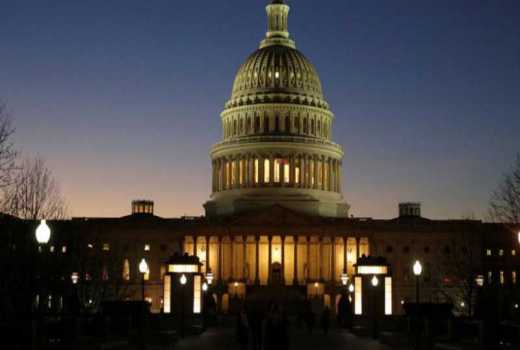×
The Standard e-Paper
Home To Bold Columnists

The U.S. Senate on Wednesday passed a bill promoting closer U.S. ties with Taiwan, which China has warned could threaten stability in the Taiwan Strait, but drew praise from the self-ruled island which pledged to deepen cooperation.
Beijing considers democratic Taiwan to be a wayward province and integral part of “one China”, ineligible for state-to-state relations, and has never renounced the use of force to bring the island under its control.